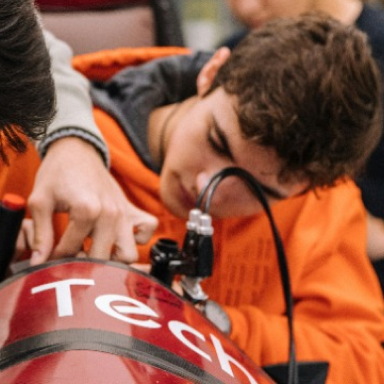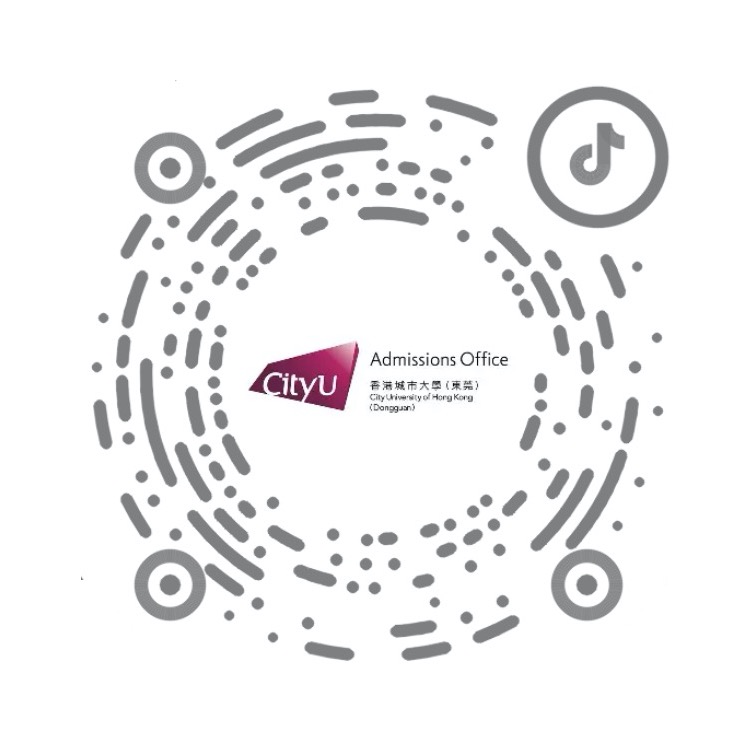

The program aims to provide an opportunity for university graduates in physical science or engineering to obtain specialized knowledge in materials engineering and nanotechnology. It also provides an opportunity for applied scientists and engineers in industry to pursue in-depth studies in various aspects of materials engineering and nanotechnology.
Upon successful completion of this Program, students should be able to:
- Have extensive knowledge of and possess analytical ability in the field of materials engineering and nanotechnology.
- Have the ability to apply the knowledge of materials engineering and nanotechnology to generate creative technical solutions in the working environment.
- Capable of communicating effectively in materials related professions.
- Design and conduct experiments, as well as analyze and interpret data.
- Identify, formulate, solve engineering problems and generate new ideas in materials engineering and nanotechnology.
- Recognize the need for, and an ability to engage in life- long learning.
1. General Entrance Requirements
Applicants must hold a bachelor's degree or an equivalent undergraduate qualification from a recognized university.
2. English Proficiency Requirements
Applicants who have graduated from a non-English medium university must meet the following minimum English proficiency standards:
- CET-6: Score of 425 or Pass;
- OR TOEFL: 550 (PBT) / 79 (iBT). For TOEFL scores, applicants should arrange for ETS to send the score report directly to City University of Hong Kong (Dongguan). The TOEFL institution code for City University of Hong Kong (Dongguan) is D693.
- OR IELTS (Academic): Overall Band Score of 6.0;
- OR other equivalent English test results.
* Only scores from single test attempts are accepted, and home-based tests are not eligible. Applicants whose first language is English or who have obtained a bachelor's degree (or equivalent qualification) from an institution where the medium of instruction is English are exempt from providing an English test score.
Note:
- TOEFL and IELTS scores are valid for two years.
- Programs may set higher English proficiency requirements or accept alternative qualifications, depending on their specific academic requirements.
3. Academic Duration and Tuition Fees
| Tuition Fees: |
MSc in Materials Engineering and Nanotechnology: RMB 110,000 per student per academic year |
| Duration of Study: | 2 years, with the option to apply for early graduation if graduation requirements are met; maximum study period is 3 years. |
| Mode of Study: | Full-time |
| Application Fee: | Free |
| Accommodation Fees: |
Double Room: 1,200 RMB per student per academic year (10 months) Single Room: 3,000 RMB per student per academic year (10 months) |
Additional Information:
1. The above fee structure applies to both Chinese and international students.
2. After receiving the admission offer, students are required to pay an initial tuition deposit of RMB 30,000 within four weeks to confirm their acceptance. This deposit will be credited toward the first academic year's tuition.
| Application opens | Until Jul 31, 2026 |
| Admission offers issued # | Rolling Basis |
| On-campus registration and New Student Orientation Week | From August 25th to August 30th, 2026 |
| Program commencement | August 31, 2026 |
Materials Engineering and Nanotechnology: Students will gain an in-depth understanding of the characteristics of materials under stress, become familiar with the various mechanisms by which material properties degrade due to environmental influences, and master the relevant scientific techniques for analyzing and testing materials. For specific application scenarios, they will be able to comprehensively consider multiple factors such as economic effects, functional requirements, environmental factors, manufacturability, and reliability, and select the most suitable materials with a thorough understanding. They will be capable of analyzing the decisive factors in the failure of engineering components and providing rational countermeasures for potential future risks. Additionally, they will master the skills required for designing and preparing new structures, innovative functions, and high-performance nanostructured materials.
学科方向











